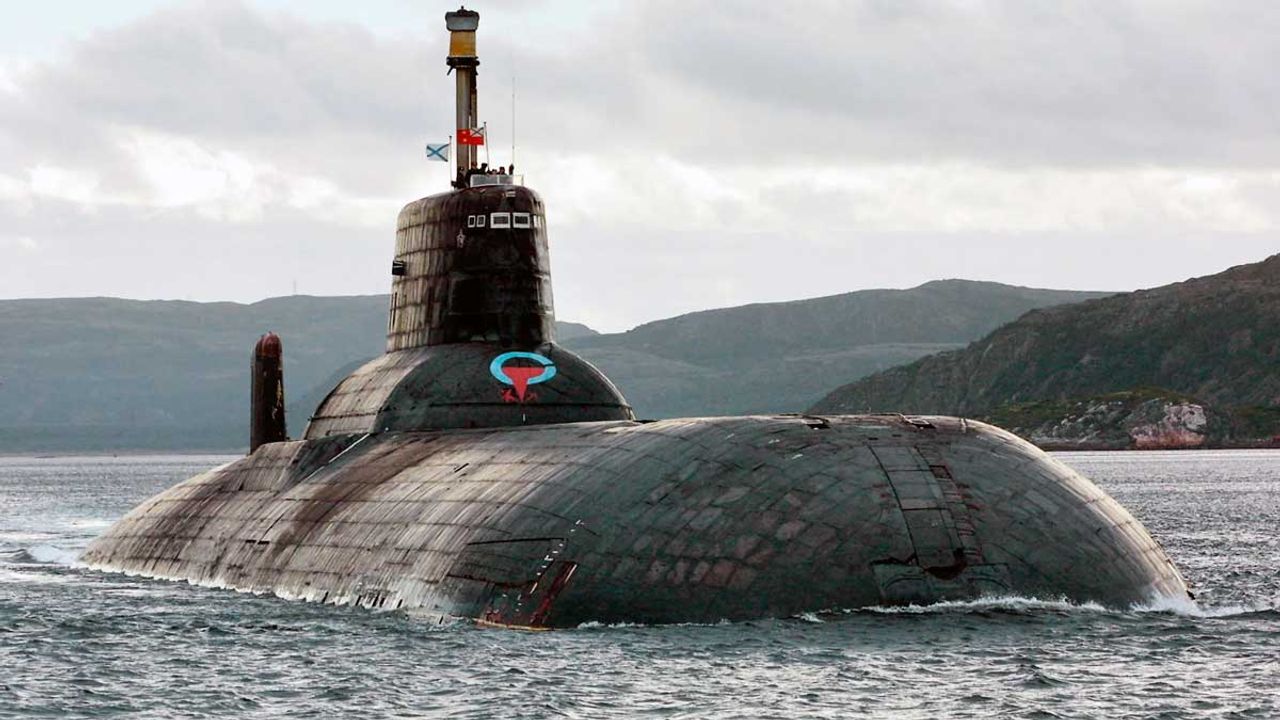The Kildin alerted a nearby cargo ship, the Milla Moon, flying the Togolese flag, warning it to stay at least two kilometers away due to the inability to steer. The Russian crew gathered on the aft deck and prepared lifeboats but did not request assistance. After five hours of firefighting, the crew restarted the engines, and the vessel resumed its operations.
According to Western security sources, the Kildin was deployed to monitor developments in Syria, particularly after the fall of Bashar al-Assad’s government in December. Russia had reportedly begun relocating military assets from the section of the port of Tartus it controls.
Analysts argue that the incident exposes the deteriorating state of Russia’s maritime capabilities in the region. This is not an isolated case; a fire had also been reported two months earlier aboard the missile frigate Admiral Gorshkov. Around the same time as the Kildin fire, two other Russian ships, Ivan Gren and Aleksandr Otrakovsky, reportedly lost temporary control of their navigation.
Michael Kofman, a Russian military expert at the Carnegie Endowment for International Peace, explained that such incidents reflect longstanding issues within the Russian navy. “The Russian navy has historically struggled with maintenance and readiness. Fires are not uncommon, especially with an aging fleet,” Kofman noted.
Russia’s reliance on its bases at Tartus and Khmeimim may face new challenges. The current Syrian government, led by Hayat Tahrir al-Sham (HTS), recently canceled a commercial contract with a Russian company overseeing operations at the Tartus port. This move has raised concerns about the future of Russia’s strategic access to the base.
Sidharth Kaushal, a sea power expert at the Royal United Services Institute (RUSI), commented that the termination of the commercial arrangement could foreshadow problems for the military base. He emphasized that Russia’s fleet, designed primarily for shorter-range operations near its own coastline, faces severe maintenance difficulties when operating far from home. Losing Tartus would exacerbate these issues.
Russia is reportedly exploring alternative bases in the Mediterranean but faces obstacles in securing reliable options. Algeria, traditionally a Russian ally, has distanced itself due to tensions over Moscow’s involvement in Mali through the Wagner Group.
In Sudan, where Russia shifted its support to the Sudan Armed Forces in the ongoing civil war, negotiations for access to Port Sudan have stalled. Additionally, access to the Mediterranean from Port Sudan depends on navigating the Suez Canal, complicating logistics.
Eastern Libya may be the most viable alternative for Russia. Ports such as Tobruk and Benghazi are under the control of General Khalifa Haftar, who has ties to Russia. However, experts caution that establishing a base in Libya would expose the Russian fleet to political risks tied to Haftar’s alliances and future stability in the region.






